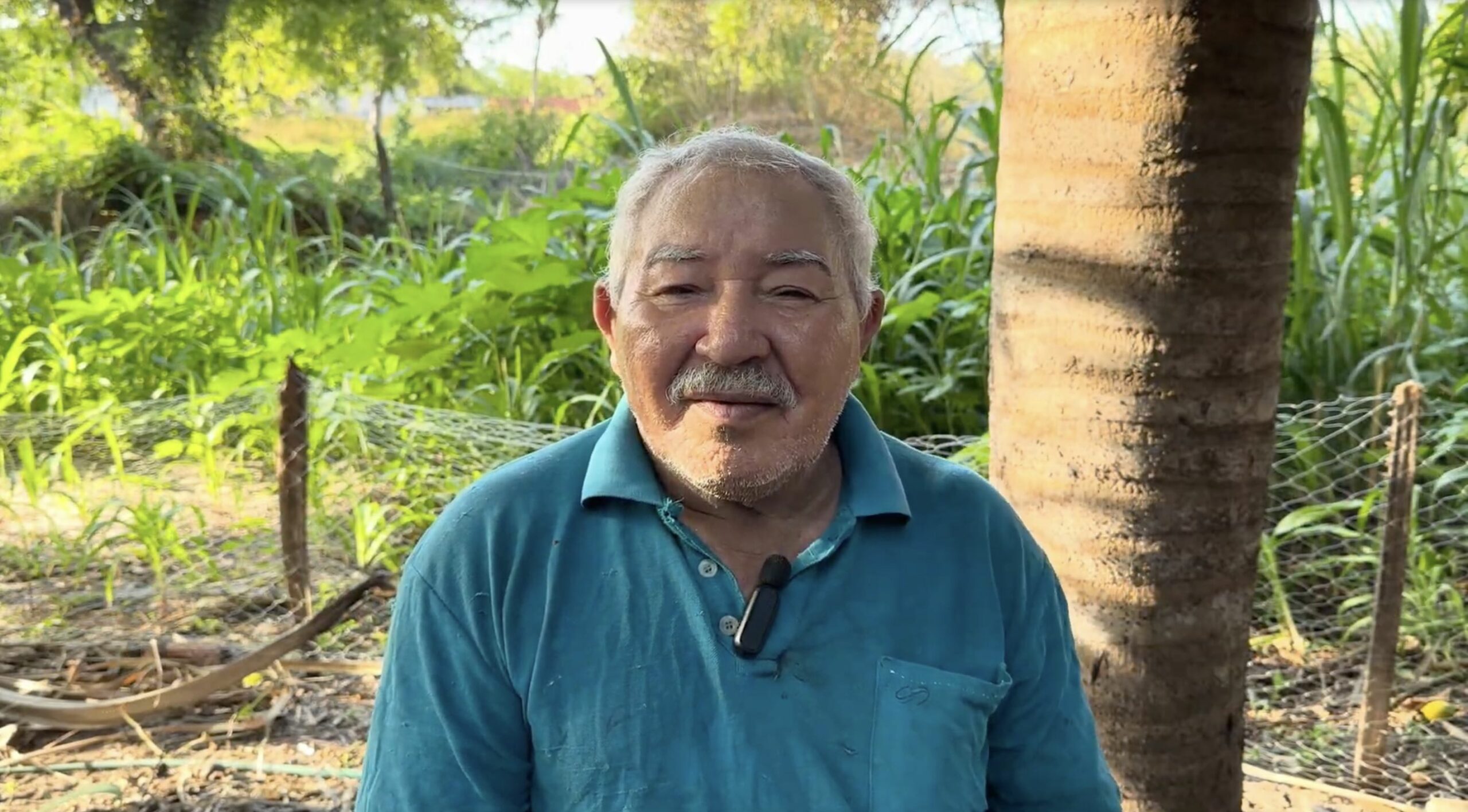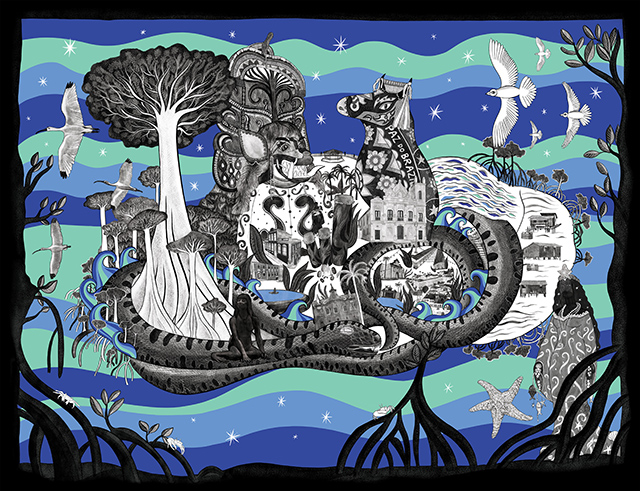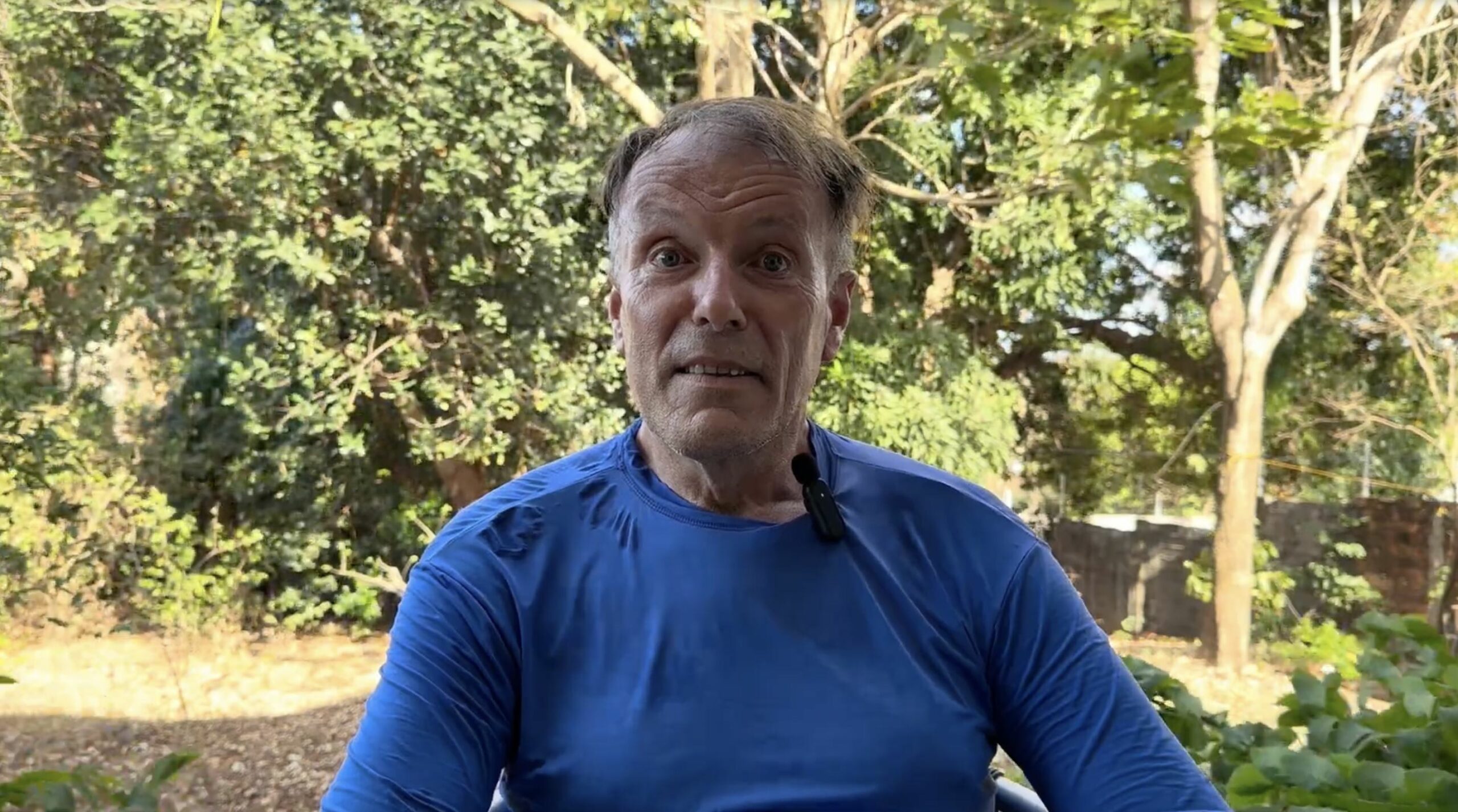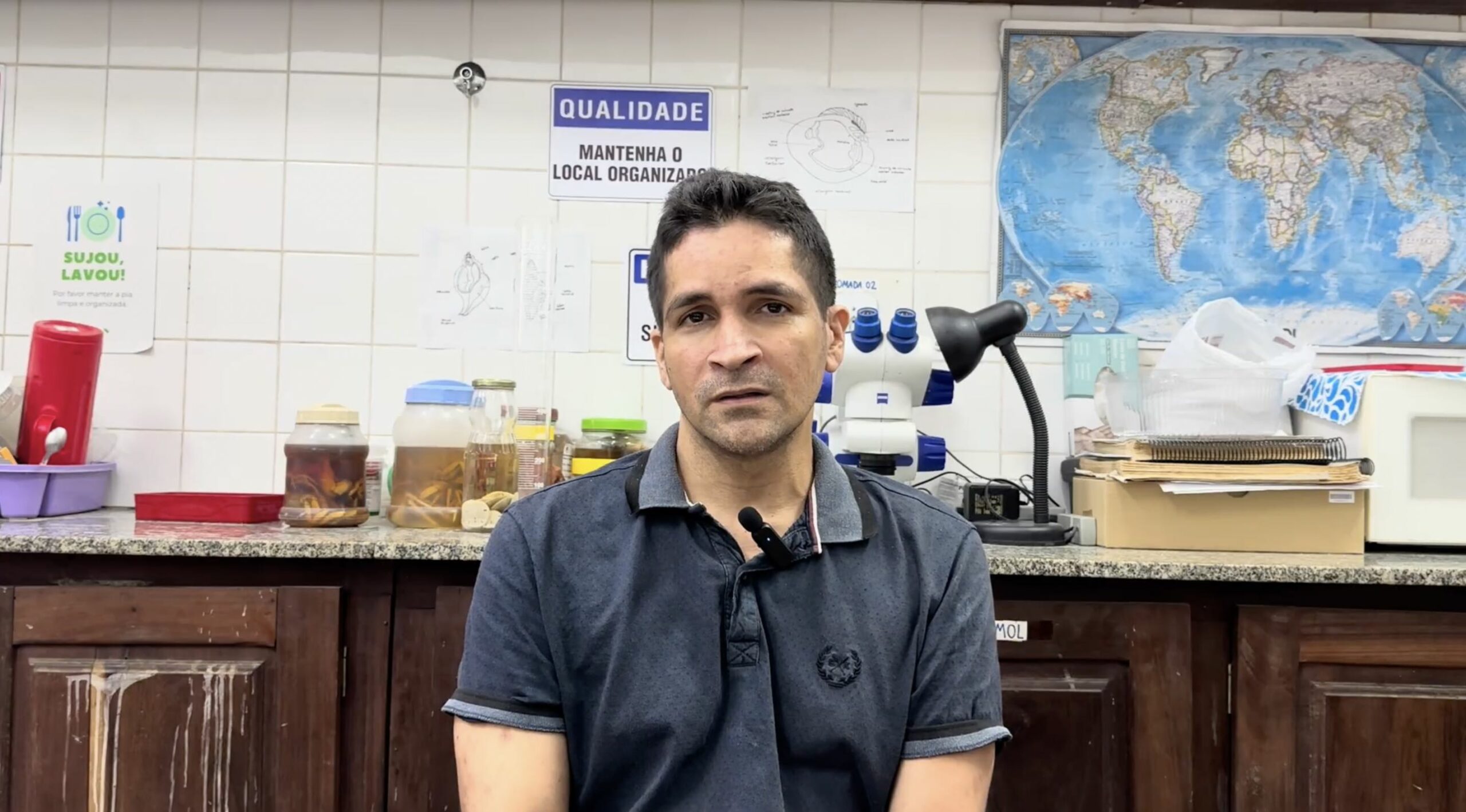
José, an indigenous fisherman from the Raposa region of Maranhão, talks about his intimate connection with nature, the sea and what he describes as enchanted beings. He shares a series of experiences that blend spirituality, visions and fishing stories. His testimony sheds light on a worldview in which natural forces are respected, feared and honoured.
A sacred connection with nature
From the very beginning of the interview, José emphasises the essential place of nature in the lives of indigenous peoples: ‘As an indigenous person, I can talk about nature, plants, fishing, the sea, lagoons, rivers, forests… These are all things that are part of us, of nature.’ He emphasises their role as representatives of Mother Earth: ‘We are indigenous people and we represent Mother Earth, it is the Earth that gives us everything.’
Respecting the waters in order to fish
He talks about the encantados, supernatural beings linked to water and the forest, who are present in everyday life. The relationship with the encantados is governed by respect and reciprocity: ‘We must pray, ask permission from the waters, from the mother of water, from the enchanted beings of the water to bring the fish.’ José reports that some fishermen offer them drinks to ensure a good catch: ‘Some people even give them a treat, pour them a drink…’
Supernatural encounters: the man in white
José recounts a striking first encounter with an encantado while fishing for crabs with a friend. Near a sandbank, a loud voice rang out, followed by luminous phenomena above the mangroves.
A human figure appeared: ‘It was a man dressed all in white, with black shoes and a hat on his head, and he started talking…’ The entity’s speech was incomprehensible, ‘like a foreigner,’ but the tone of the message was tense. That evening, his fishing companion fell seriously ill and died the next day from a violent headache.
Animal figures and transformations
In another episode, José describes an entity taking the form of a black bear: « I saw this creature behind me… a black bear, dark, very dark, close to me. I grabbed my knife to defend myself and chased the creature into the mangroves, but it disappeared into the mud. My fishing companion also died that day after a high fever. José concludes: ‘That’s why I stopped fishing with other people.’
The appearance of the luminous gorilla
A third apparition took the form of a strange monkey or gorilla: ‘A monkey, a big monkey… its eyes were green, the colour of a fish egg.’ Despite its lack of aggression, the entity’s presence was disturbing. The creature disappeared in the rain and wind, in a suddenly illuminated setting.
Signs of a spiritual world and coastal erosion
José links these apparitions to warning messages.
Today, he observes the inexorable advance of the sea: ‘The sea eats everything. It devours the mangroves, it destroys everything.’ He calls for urgent action: ‘If the government doesn’t take measures, doesn’t lay stones… the sea will come crashing down.’ ‘
A spiritual legacy passed down by his father
José also remembers his childhood with his father, a healer: ’My father was a shaman who knew these things… but he didn’t teach them to me. I feel things from nature. » As a child, he already had visions, fevers, and disturbing encounters while out fishing.
For José, the encantados are ancient entities that have been around since the creation of the world: ‘Enchantments are astral things… And these things have never ceased to exist.’
« When I watch television, I disagree with biologists and scientists because they leave this part out. ‘
Some of his stories take the form of chases: a ball of fire following them through the forest, a flying object that frightens animals and men. José recounts the circumstances of these apparitions in detail, insisting on their veracity: ’There are many people who say that they don’t exist. But I saw it with my own eyes. «
He also mentions luminous phenomena on the riverbanks, nets that appear and then disappear, human or animal figures emerging from the water: a man throwing a net and disappearing, a cow with a fish face, or a floating drum that turns into a poca, a sea animal.
These stories always have a symbolic meaning: ‘You have to understand what the enchanted objects are saying.’
A spiritual and political ecology
For José, these enchanted beings are messengers. Their appearances are warnings. One of them, for example, predicted that the mangrove would be destroyed by the sea. And that’s what happened: ‘It already did.’ ‘
What the enchanted beings denounce is the destruction of nature by humans. ’The enchanted beings live with nature, with animals. And when animals are killed, when their homes are destroyed, they suffer like humans. Nature does not speak, but it suffers. »
José particularly condemns agribusiness and its consequences: deforestation, pollution, the disappearance of animals, and the drying up of rivers. He talks about a trip to Brasília during which he saw machines ‘devouring’ the forest: « Ambitious men created a bunch of machines and devoured the entire forest. ‘
A world before, a world after
José also recalls a time when indigenous communities lived autonomously: ’When I was a child, in the indigenous villages, everyone farmed their own land, planted their own rice, corn, cassava… Today, there is nothing left. » ‘
He criticises public policies that favour agribusiness, exports and land concentration at the expense of local populations: ’The Brazilian government is the first to support this project. We export corn, beans, soybeans… And the people here in Brazil are dying of hunger. »
The land as mother and last refuge
In conclusion, José offers a vision deeply rooted in a spirituality of life: « Nature is suffering, and so are we, the indigenous people, who are the children of nature, of our mother Earth. Because she gives us everything. ‘
He calls for a sacred respect for this earth: ’God created man to take care of nature. Not to destroy it.‘
And he concludes, with humility and gravity: ’I am Brazilian. And I am fighting for our mother earth. She is our mother, and we must respect and love her. »
Testimonies from the same panel


